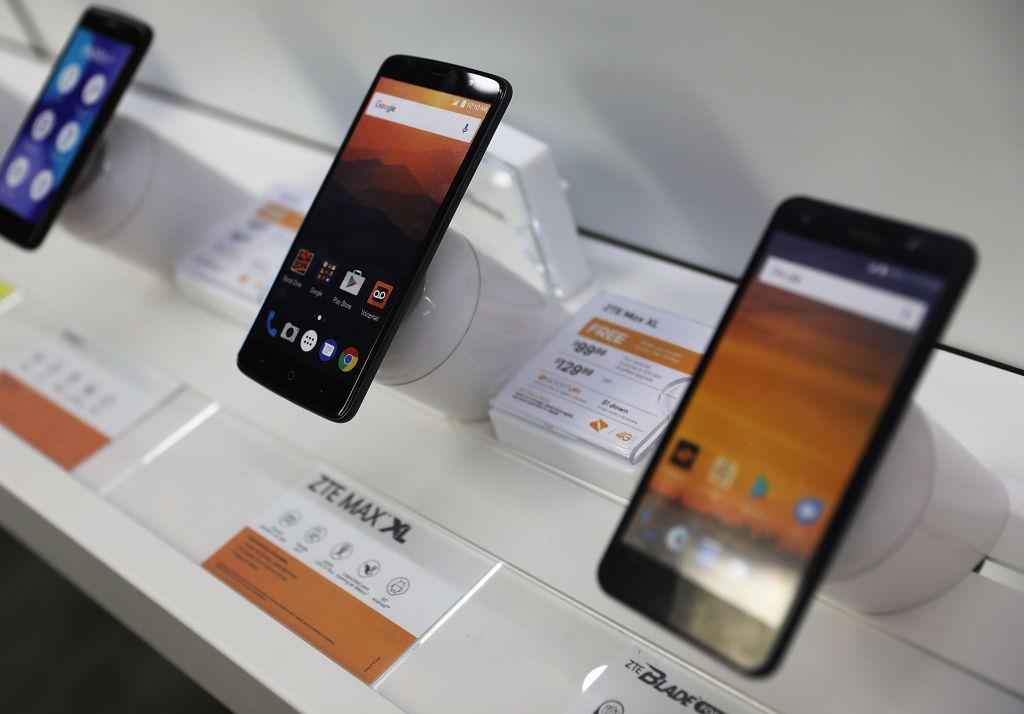WASHINGTON—Chinese telecom giant ZTE Corp. may acquire additional U.S. sanctions as the company’s business with the Venezuelan government faces new scrutiny.
Senators Marco Rubio (R-Fla.) and Chris Van Hollen (D-Md.) warned the Trump administration that ZTE was helping China export surveillance tactics to the Nicolás Maduro regime.





